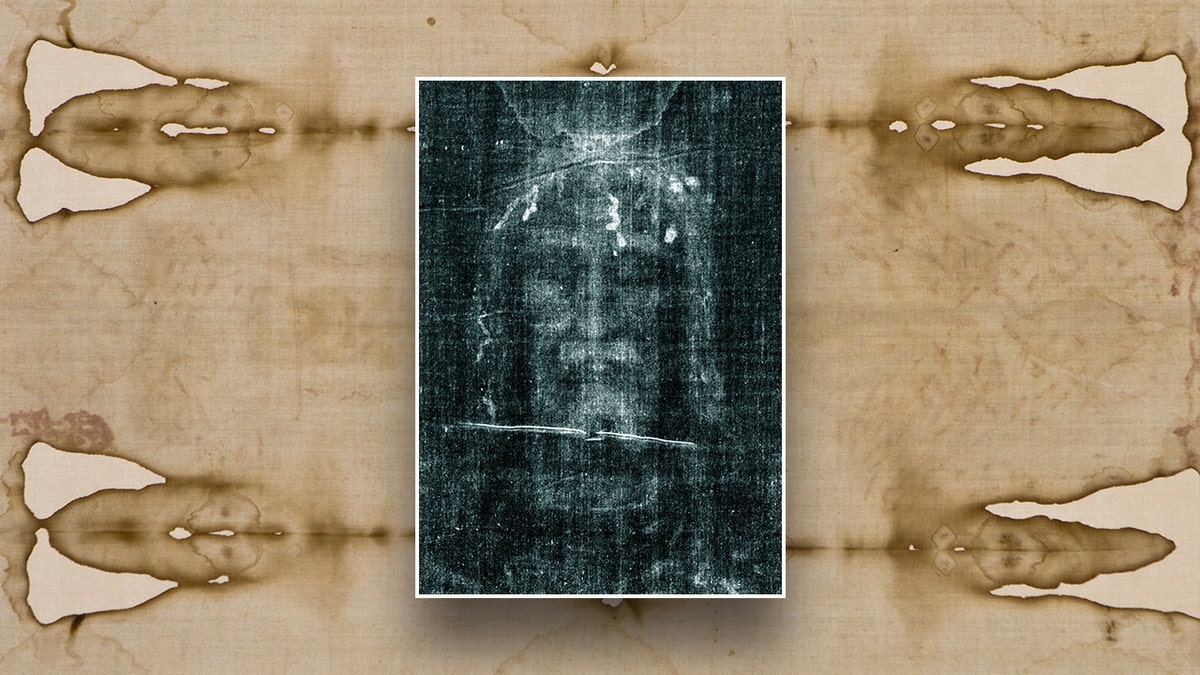
New Study Revives Debate Over Shroud of Turin's Authenticity
Recently, Italian scientists have made headlines with a groundbreaking study on the Shroud of Turin, a relic revered by many as the burial cloth of Jesus Christ. This new research, conducted by the Institute of Crystallography, has reignited discussions about the shroud's age and authenticity. For decades, the Shroud of Turin has been at the center of both scholarly and theological debates, often described as the most studied artifact in history.
According to the latest findings, the Shroud of Turin appears to date back over 2,000 years, which aligns with the traditional Christian belief that it is from the time of Jesus. This new research utilized Wide-angle X-ray Scattering (WAXS), a technique that has provided fresh insights into the cloth's history. The Institute of Crystallography's results indicate that the fabric's age is consistent with it being from the first century AD, countering earlier studies that had dated it to the medieval period.
Also Read:- Shohei Ohtani Joins Exclusive 40-40 Club with Historic Walk-Off Grand Slam
- Blake Lively's Son's Birthday Cake Theme Sparks Controversy Amidst "It Ends With Us" Drama
In 1988, a series of radiocarbon tests suggested that the shroud was from the 14th century, leading many to label it a medieval forgery. This conclusion was based on samples that were believed to have been contaminated, potentially skewing the results. The recent WAXS analysis challenges those findings, suggesting that the shroud could indeed be from the time of Christ. The new study points out that the fabric's characteristics align with those of linen from the early first century, showing that it has undergone only minimal aging since that period.
Despite these promising results, the study notes that the evidence is not yet definitive. The researchers caution that further analysis is needed to fully verify the shroud's origins. They recommend more systematic testing of the shroud's fibers to confirm their conclusions and rule out the possibility of contamination affecting the results.
Bishop Robert Barron, a prominent religious figure, has expressed a nuanced view on the findings. He acknowledges the significance of the new evidence but emphasizes that Christian faith does not hinge on the shroud's authenticity. He believes that the continued fascination with the shroud reflects a broader cultural and spiritual search for meaning in a secular world.
The Shroud of Turin remains a potent symbol for many believers, its image a powerful icon of faith and mystery. Whether or not it is proven to be Jesus's burial cloth, its impact on religious devotion and scholarly inquiry continues to be profound. As the debate over its origins persists, the shroud continues to captivate the imaginations of both scientists and the faithful alike.
Read More:

0 Comments